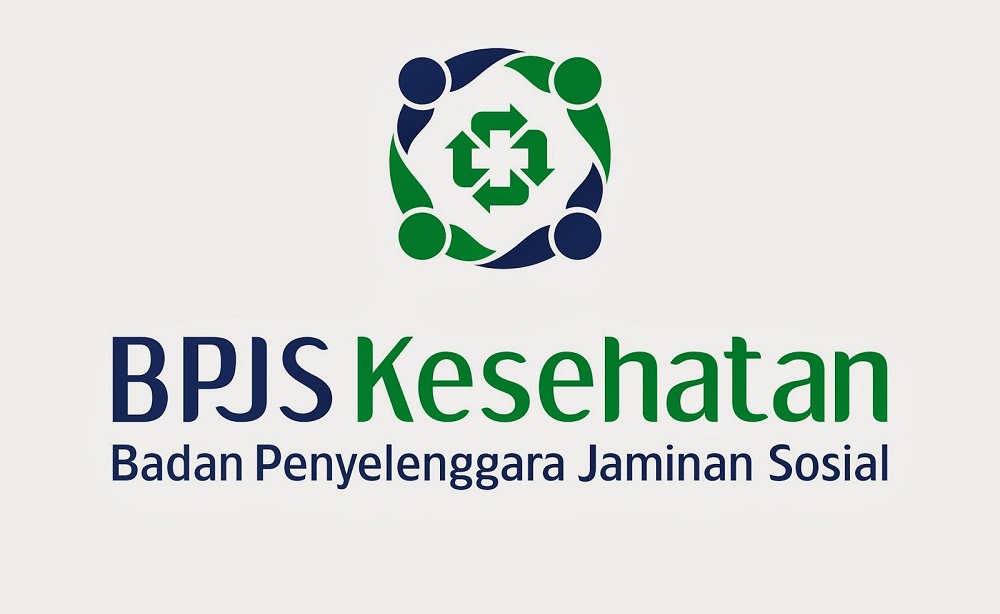Coordinating minister for maritime affairs, Luhut Binsar Pandjaitan initiates an idea to improve the Health Facilities Information System (BPJS Kesehatan) performance, in terms of premium collection. It is for China’s tech giant, Ping An, to support efficiency in the technology system.
He said Ping An would do at least two things for the BPJS Kesehatan, to evaluate the information system and fix the crack. From his statement, Ping An is said to offer the collaboration first.
“They didn’t sell hardware, only software used in 282 cities in China. One of the most efficient companies in China,” he said as quoted by CNN Indonesia.
Ping An is the biggest insurance company in China with market capitalization reached up to $220 billion. It’s a subsidiary of PA Group, a financial holding includes insurance, banking, and investment.
The helping hand aims to solve some issues on BPJS Kesehatan, such as outstanding payment and increasing financial deficit.
Per June 30th, 2019, the collectibility rate has reached 94.04% from Non-Wage Workers (NWW) and 89.03 from registered citizens in the region. In fact, the deficit number is increasing, from Rp1.9 trillion in 2014 to Rp19.4 trillion in 2018. Outstanding payment and the small amount of premium considered as the fundamental issue.
The risk of foreign access
Ping An involvement in the HFIS’ IT system improvement draws negative feedback, in terms of data sovereignty. Timboel Siregar from BPJS Watch seen this collaboration as a possibility for the foreign party to access citizen’s data.
“If it includes foreign party, the big data might be accessed by them. This is very risky related to our national security. They will have Indonesia’s health statistic data, including armies and police officers,’ he said in the official release.
BPJS Kesehatan’s Principal Director, Fachmi Idris once said the company owns the biggest data in Indonesia. A sample might work for the utilizing method. Researchers, academics, even the BPJS Kesehatan itself capable of using the data for the policymaking in the national health insurance program.
The government has realized the significance of medical records. It’s stated under Article 6 paragraph 3 on Personal Data Protection Bill which includes medical records in terms of personal data. For the record, BPJS Kesehatan members have reached 222.5 million. Therefore, there are at least 222.5 million personal data sets and health data belonging to participants.
He also added on the idea to improve the IT system is not a solution for public compliance to pay the premium on time. He afraid this could be an opportunity for Ping An to get into BPJS Kesehatan data which is a lot more sensitive.
“In terms of premium, there should be regulations, it’s not about the system. Let’s say we have good IT but weak regulation, there will be no difference,” he said.
Iqbal Anas Ma’ruf, BPJS Kesehatan’s PR confirmed the potential data management by Ping An in the collaboration. However, he also guarantees the plan is still on exploration.
“There will be follow-up because we’re all under regulation, it’s too early to go that far,” he said.
–
Original article is in Indonesian, translated by Kristin Siagian













